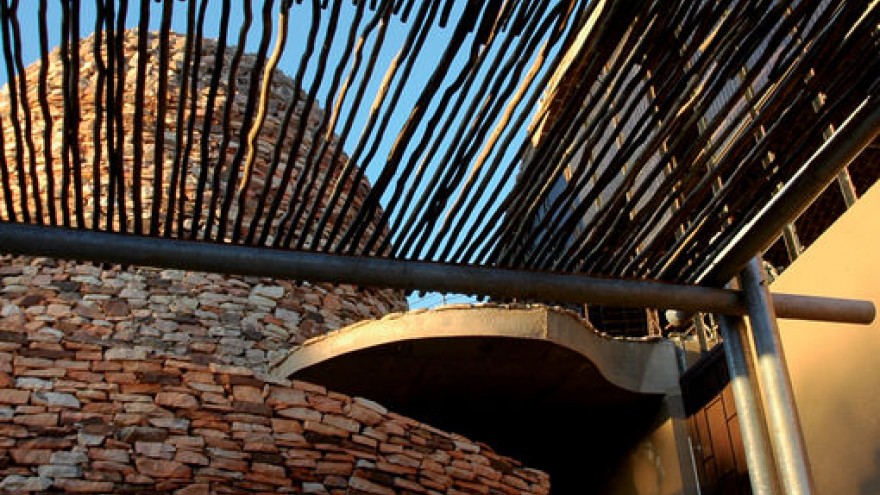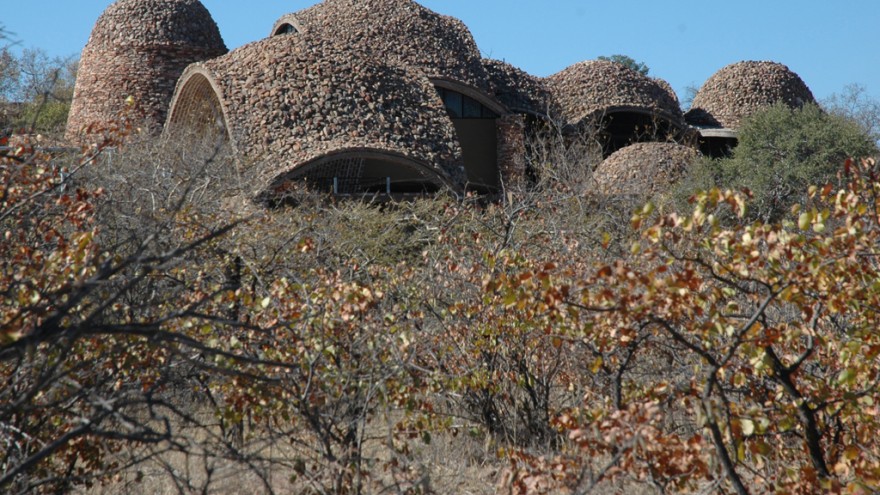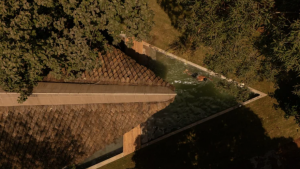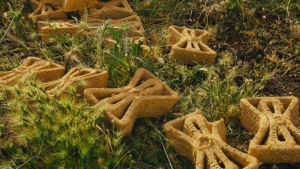First Published in
South African architect Peter Rich’s Mapungubwe Interpretation Centre was recognised as World Building of the Year 2009 at the World Architecture Festival (WAF). Trumping over 640 entries from 67 countries, the award acknowledges excellence in architecture in varying categories featuring both completed and future projects.
The Mapungubwe Interpretation Centre, situated in the Mapungubwe National Park in South Africa, takes its design and materials inspiration from the landscape on which it’s built. A 600-year old construction system called “tile vaulting” was used to produce thin bricks from which Rich and team were able to create lightweight and durable buildings. Once home to an ancient trading civilization, the centre is built at the convergence of the Limpopo and Shashe rivers and set on the side of a mesa – an elevated piece of land formed when geological events resulted in the Limpopo River changing its course.
Peter Rich Architects also won the cultural category, due to a key aspect of the project revolving around a poverty relief programme. By using the skills and labour of those in the community, Rich was able to transfer skills to the poor as well as provide employment. With the help of the locals, he not only gave the building an authentic feel but also created a handcrafted aesthetic, which provided the centre with a stronger grounding within the landscape.
Paul Finch, WAF programme director and editor of Architecture Review, spoke at the awards saying: “The wide geographical range and quality of this year’s designs were exceptionally high… Our congratulations go to Peter Rich Architects who thoroughly deserve to receive world architecture’s highest accolade.”
Rich says that he will continue to fight the good fight and service the less privileged. His next project takes him further into Africa as his firm has won a contract to carry out the tourism planning and thematic conservation of the ancient town of Axum in northern Ethiopia.








